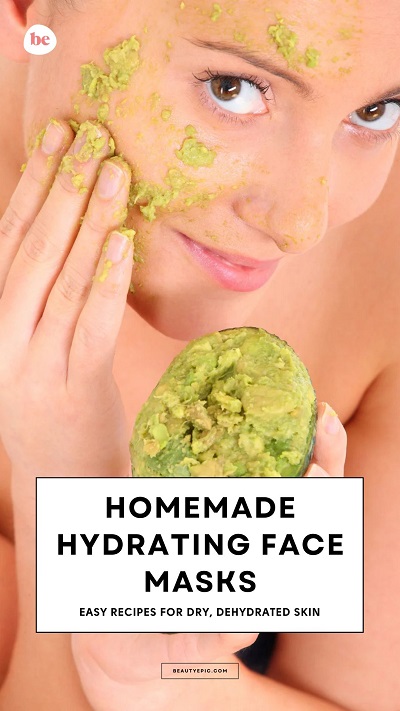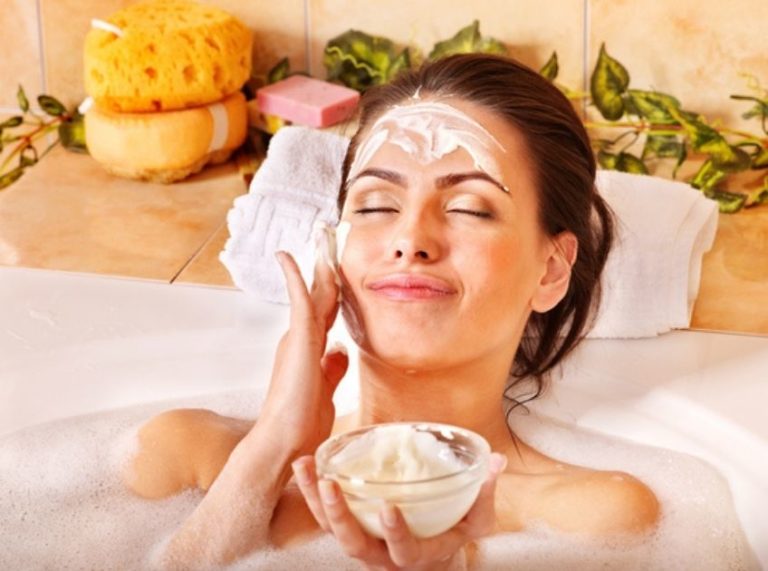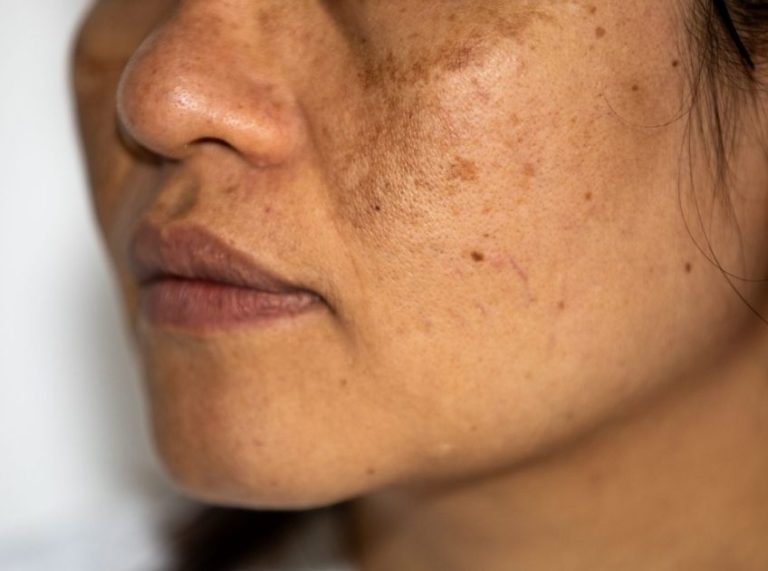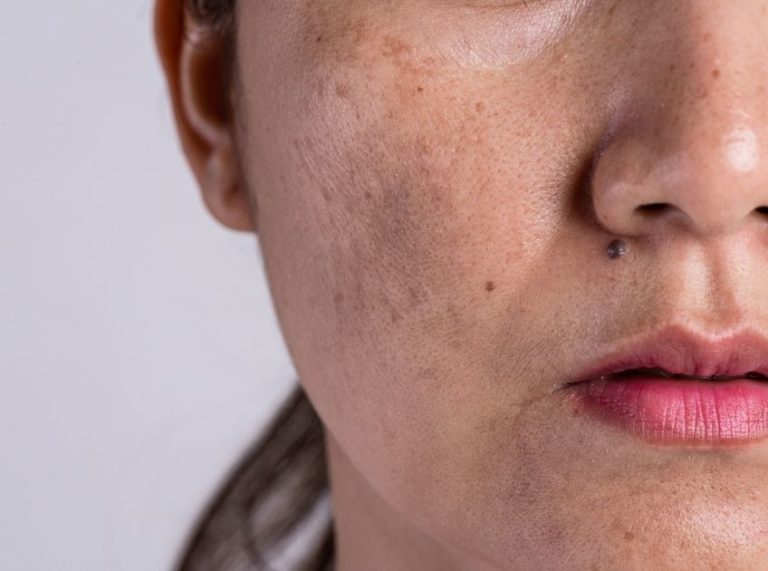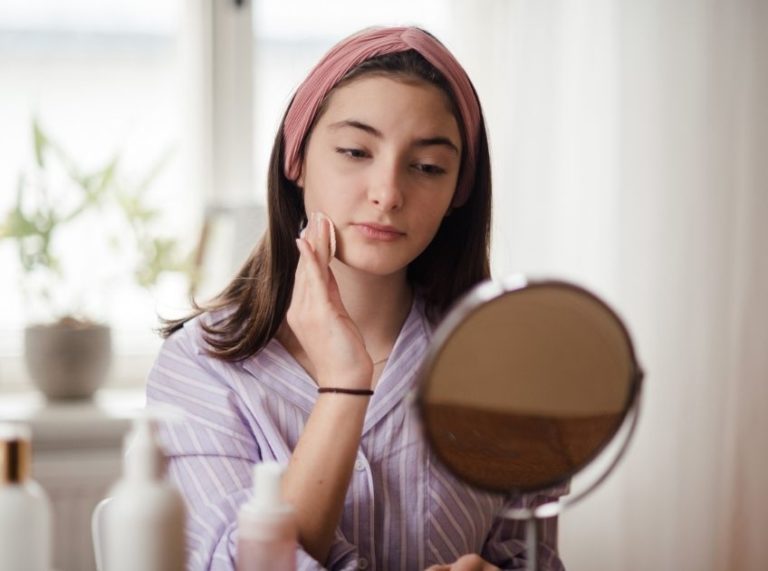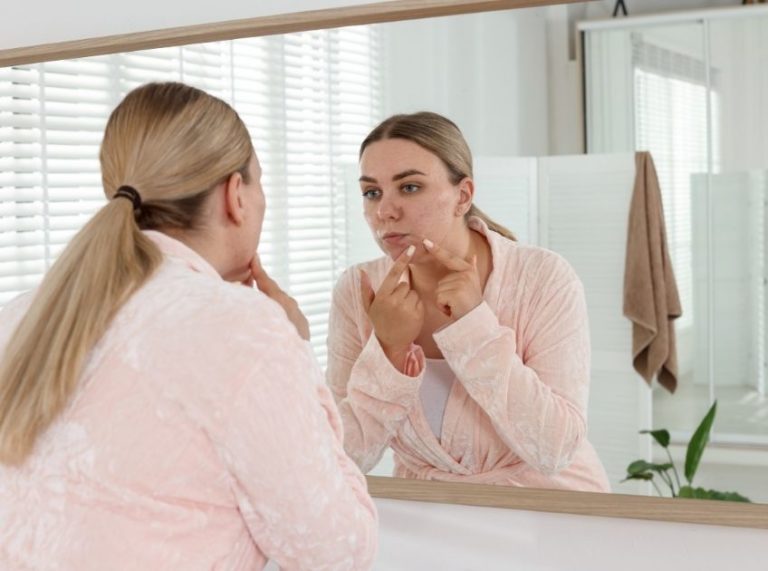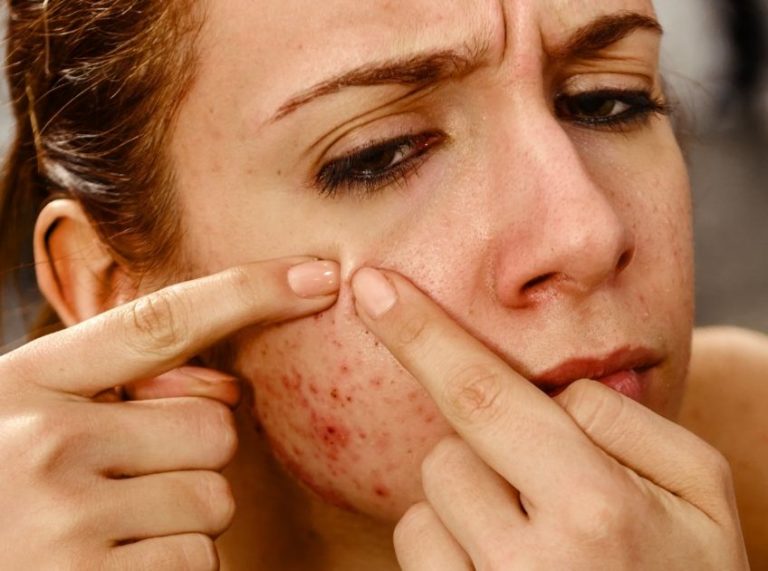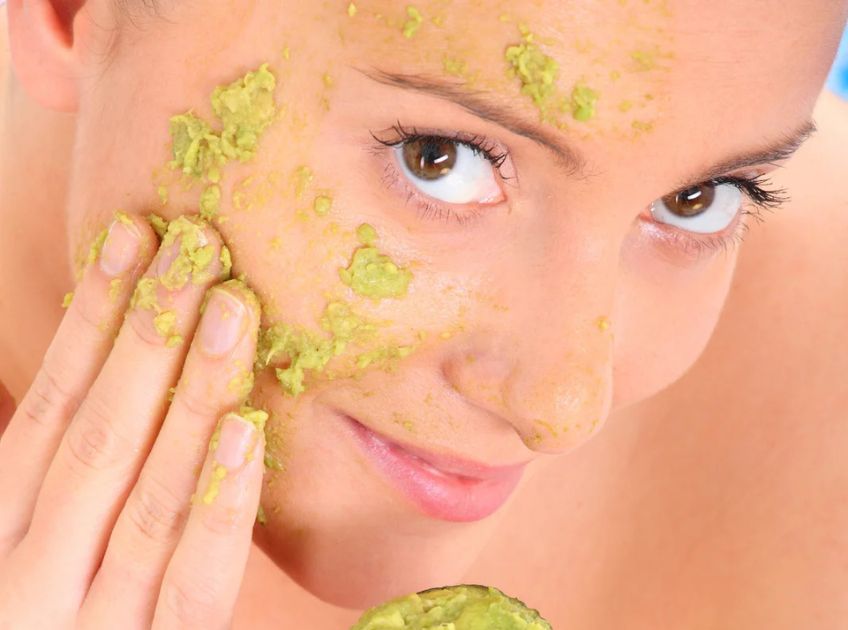
Important: This article is for informational purposes only. Please read our full disclaimer for more details.
Dry, flaky skin can make your complexion look dull and tired. A homemade hydrating face mask is a simple yet effective way to lock in moisture, nourish your skin, and restore a healthy glow. With natural ingredients, you can give your skin the deep hydration it craves without harsh chemicals.
Article Contains
Why Use Homemade Hydrating Face Masks?
- Boosts skin’s moisture levels naturally
- Helps repair the skin barrier
- Softens rough patches and improves texture
- Cost-effective and easy to make at home
The Science Behind the Ingredients
- Honey: A natural humectant that draws moisture into the skin (1).
- Aloe Vera: Contains polysaccharides that hydrate and soothe irritation (2).
- Avocado: Packed with healthy fats and vitamin E for deep nourishment (3).
- Yogurt: Lactic acid gently exfoliates while hydrating the skin barrier (4).
- Cucumber: High water content and antioxidants help soothe and refresh skin (5).
When to Stop Using These Masks
- If you notice increased redness or itching
- When skin feels greasy or develops breakouts
- If you have open wounds or active infections
Adjusting Quantities for Your Skin
- For very dry skin: Add more oils like avocado or almond oil
- For oily skin: Use lighter bases like yogurt or aloe vera
- For sensitive skin: Reduce acidic ingredients like lemon juice or yogurt
Which Skin Types Benefit Most?
- Dry Skin: Deep hydration and repair
- Combination: Balanced moisture for both dry and oily zones
- Sensitive: Gentle ingredients like aloe and honey are suitable
- Normal Skin: Helps maintain a healthy skin barrier
Are Homemade Hydrating Masks Safe?
Yes, they are safe when used 2–3 times a week. Always patch-test first, especially with new ingredients. Avoid using on broken or sunburned skin until fully healed.
3 Best DIY Hydrating Face Masks
1. Honey & Aloe Vera Moisture Mask
This deeply hydrating mask combines the healing power of aloe vera with the moisture-locking ability of honey, making it perfect for restoring dehydrated skin.
Ingredients
- 2 tbsp fresh aloe vera gel (from the leaf or store-bought pure gel)
- 1 tbsp raw honey
- 1 tsp jojoba oil or almond oil (optional for extra nourishment)
Directions to Use
- Mix aloe vera gel, honey, and jojoba oil in a clean bowl until smooth.
- Cleanse your face thoroughly to remove dirt and oils.
- Apply a generous layer of the mixture using clean fingers or a brush.
- Leave on for 15–20 minutes to allow the skin to absorb moisture.
- Rinse with cool water and gently pat dry.
How to Apply
- Use 2–3 times per week for best results.
- Apply on slightly damp skin to boost hydration.
- Follow up with a lightweight moisturizer to seal in moisture.
- Use in the evening for overnight skin repair.
Pro Tip: Keep the aloe gel in the refrigerator for a cooling effect, especially beneficial for irritated or sun-exposed skin.
2. Avocado & Yogurt Nourishing Mask
This mask is rich in healthy fats, vitamins, and probiotics, making it ideal for repairing the skin barrier and restoring softness to dry, flaky skin.
Ingredients
- ½ ripe avocado
- 2 tbsp plain, unsweetened yogurt
- 1 tsp raw honey
Directions to Use
- Mash the avocado until smooth and creamy with no lumps.
- Add yogurt and honey, mixing well until you get a paste-like consistency.
- Apply evenly to your face and neck, avoiding the eye area.
- Leave on for 15–20 minutes to deeply nourish the skin.
- Rinse off with lukewarm water and pat dry.
How to Apply
- Use 1–2 times per week for intense hydration.
- Apply a thin, even layer to avoid dripping.
- Follow with a gentle toner and moisturizer.
- Best used before bedtime to allow skin to absorb nutrients overnight.
Pro Tip: For extra dry skin, add a few drops of vitamin E oil to the mixture for a powerful boost of hydration.
3. Cucumber & Oatmeal Cooling Mask
This soothing mask combines the water-rich freshness of cucumber with calming oatmeal, making it perfect for sensitive, irritated, or dehydrated skin.
Ingredients
- ½ fresh cucumber, blended into a smooth puree
- 1 tbsp finely ground oatmeal
- 1 tsp raw honey
Directions to Use
- Blend the cucumber until smooth and watery.
- Mix with ground oatmeal and honey until it forms a soft, spreadable paste.
- Apply generously to the face and neck.
- Leave on for 20 minutes to calm and hydrate the skin.
- Rinse with cool water and gently pat dry.
How to Apply
- Use 2 times a week or after sun exposure for soothing relief.
- Store leftover cucumber puree in the fridge for up to 24 hours.
- Apply a thick layer for maximum hydration and cooling.
- Follow with a gentle, fragrance-free moisturizer.
Pro Tip: For an added anti-inflammatory effect, place the mask in the fridge for 15 minutes before applying.
Frequently Asked Questions (FAQ’S)
1. Can I use these masks daily?
A. No, 2–3 times per week is enough to avoid over-moisturizing.
2. Can I store these masks?
A. Use fresh each time. Only the cucumber mask can be stored for 24 hours in the fridge.
3. Will these masks work under makeup?
A. Yes, using them before makeup helps create a smooth, hydrated base.
Final Thoughts
Homemade hydrating face masks are an easy and natural way to keep your skin soft and healthy. With simple ingredients like honey, aloe, and avocado, you can create deeply moisturizing treatments tailored to your skin’s needs. Regular use will help maintain a glowing, refreshed complexion.
